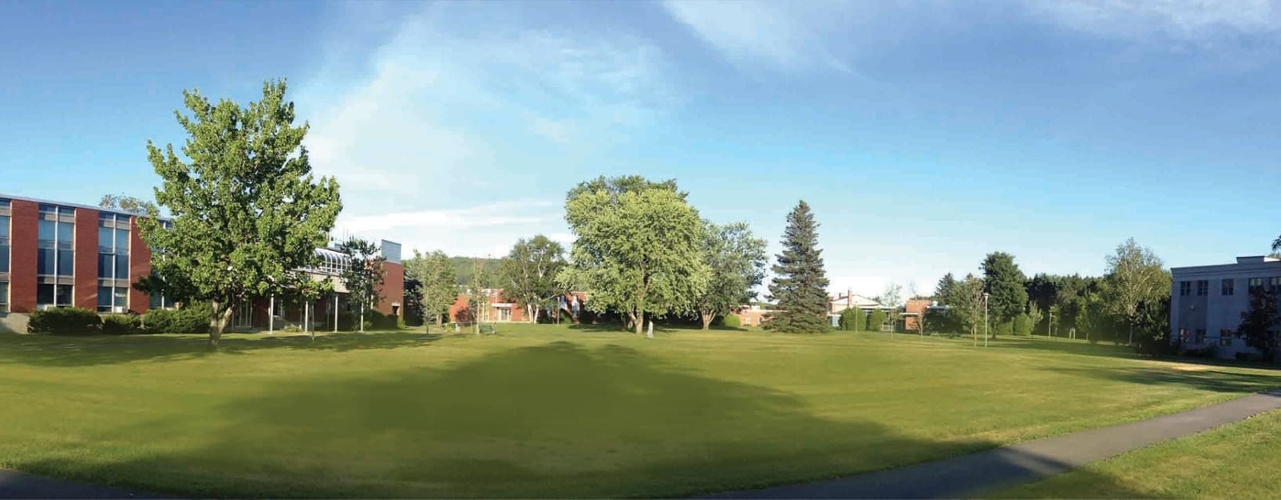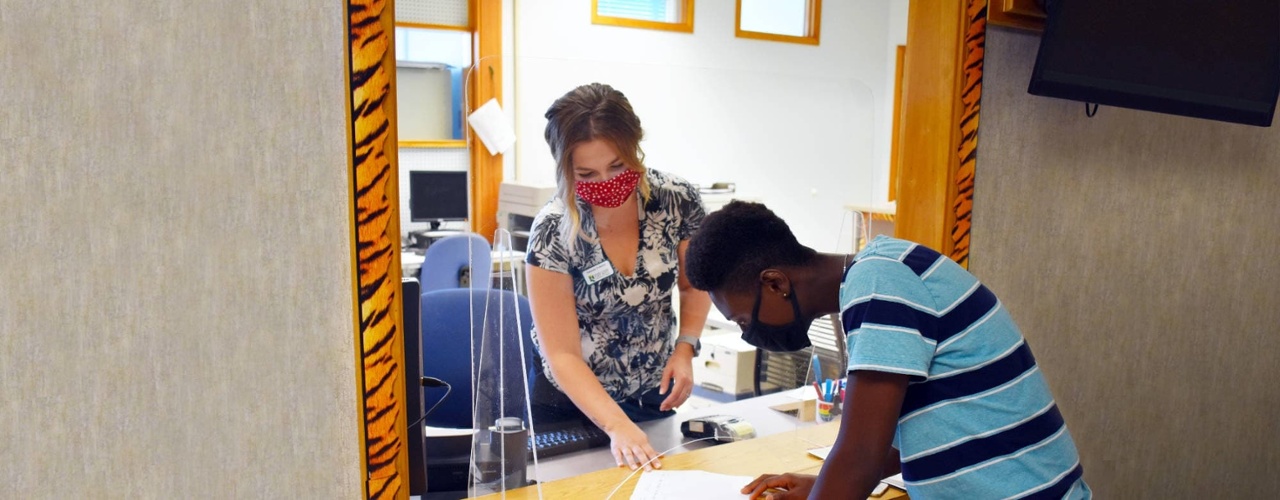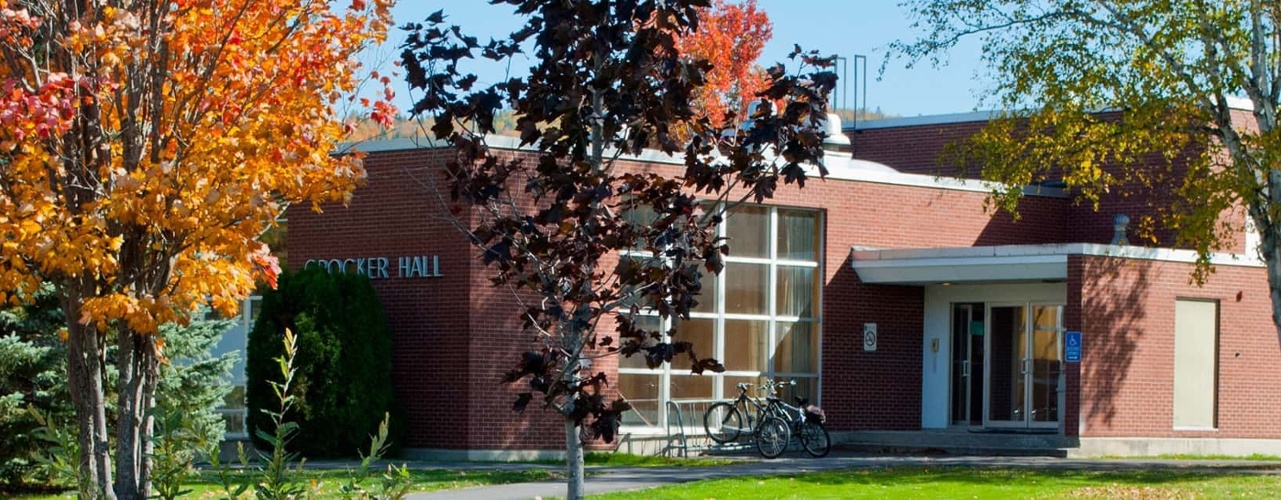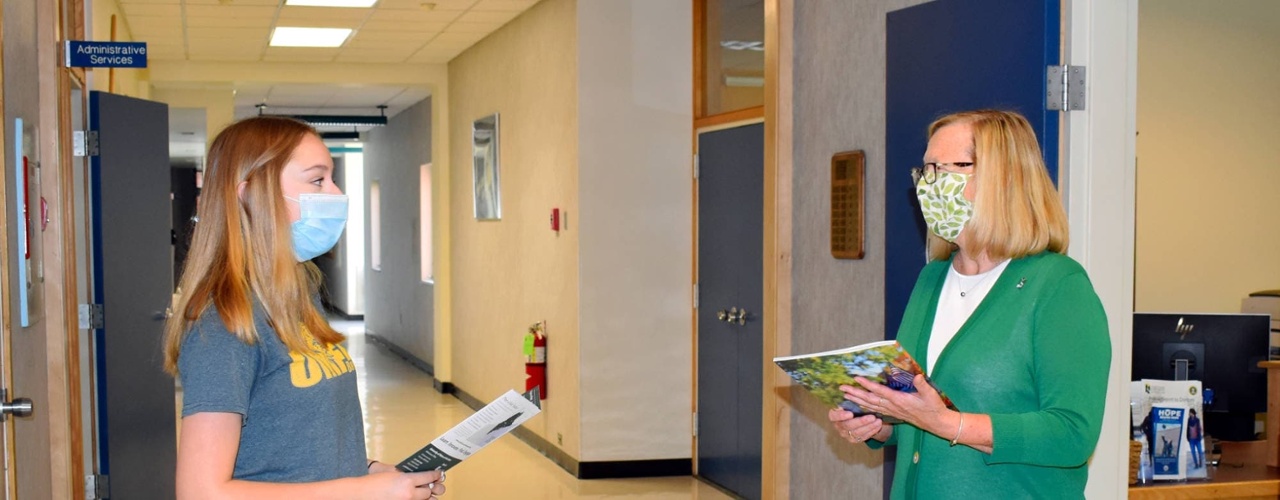
Latest News
Speaker at UMFK to discuss stem cell research
March 1, 2016
Note: this is an archived news release. As such, the information provided may no longer apply.
NR16011
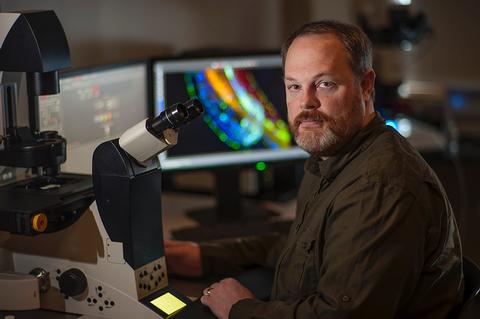 A scientist from a Maine lab will provide information on exciting research in the field of stem cells at the next presentation for the University of Maine at Fort Kent Environmental Studies Speaker Series on Friday, March 11.
A scientist from a Maine lab will provide information on exciting research in the field of stem cells at the next presentation for the University of Maine at Fort Kent Environmental Studies Speaker Series on Friday, March 11.
Dustin Updike, Ph.D., an assistant professor at the MDI Biological Laboratory in Bar Harbor, Maine, will discuss specialized particles, called germ granules that appear in germ cells and influence how stem cells become other types of cells, a characteristic known as totipotency.
The University of Maine at Fort Kent is a participant in the Maine IDeA Network of Biomedical Research Excellence (INBRE), a collaborative network of 13 Maine research institutions, universities and colleges led by the MDI Biological Laboratory. The goal of INBRE is to enhance Maine's capacity to conduct competitive biomedical research.
Dr. Updike led a week-long short course for students from the University of Maine at Presque Isle and University of Maine at Fort Kent in January, allowing them to share in the cutting-edge research that is being conducted at the MDI Biological Laboratory. Students who attend the March 11 seminar will be able to build upon the knowledge they gained during the short course.
In a recent interview, Dr. Updike said that he is conducting “discovery science,” which is essential research that later scientists rely upon to extend their own studies and applications. Dr. Updike said the studies of germ granules and the maintenance of cellular totipotency in simpler organisms, such as worms and amphibians, helps researchers to learn more about how to treat cancer in human beings.
Dr. Updike said one of the ways biologists classify cells is as somatic cells or germ cells. A somatic cell is any cell of the body, including stem cells, but does not include sperm and egg cells. Somatic usually have specific functions and properties such as muscle cells or nerve cells. Then there are germ cells, which are precursor cells that give rise to the eggs and sperm of organisms that reproduce sexually.
Dr. Updike is interested in the germ cells. “They are the only cells that have the stem cell's properties that allow them to become any of the cells in the body,” he said. Germ cells have “immortal potential”, the scientist said, meaning the cells have the potential to give rise to each generation of a life form. “We're the product of billions of generations of germ cells.”
Inside of the germ cells of all animals are particles of protein and ribonucleic acid (RNA) called germ granules. Updike said that placing germ granules of one cell into a somatic cell can make the second cell have some of the properties of a stem cell. He is conducting research to understand how and why germ granules can do this. “We know of over 80 protein components in these granules,” said Updike.
This is cutting-edge research occurring in Maine. “Not many people are looking at this. Most researchers are concerned with the activity in the nucleus of the cell,” he said.
At the presentation, Dr. Updike will discuss the properties germ granules and their impact on cell totipotency.
The presentation occurs on Friday, March 11 from 11 a.m. to 12 noon in UMFK's Nadeau Hall conference room.
Dustin Updike earned a bachelor of science degree from the University of Wyoming and a Ph.D. from the University of Utah in 2006 and conducted postdoctoral research at the University of California in Santa Cruz from 2007 to 2012.
The Environmental Studies Speaker Series at UMFK regularly brings speakers to campus. These presentations are open to the public and cover such topics as water quality, waste management, wind power, endangered species, forestry and marine science. The program is offered in collaboration with the UMFK Environmental Studies degree program. Speakers are only scheduled during the academic year.
For more information on the Environmental Studies Speaker Series, contact Dave Hobbins at (207) 834-7614.

